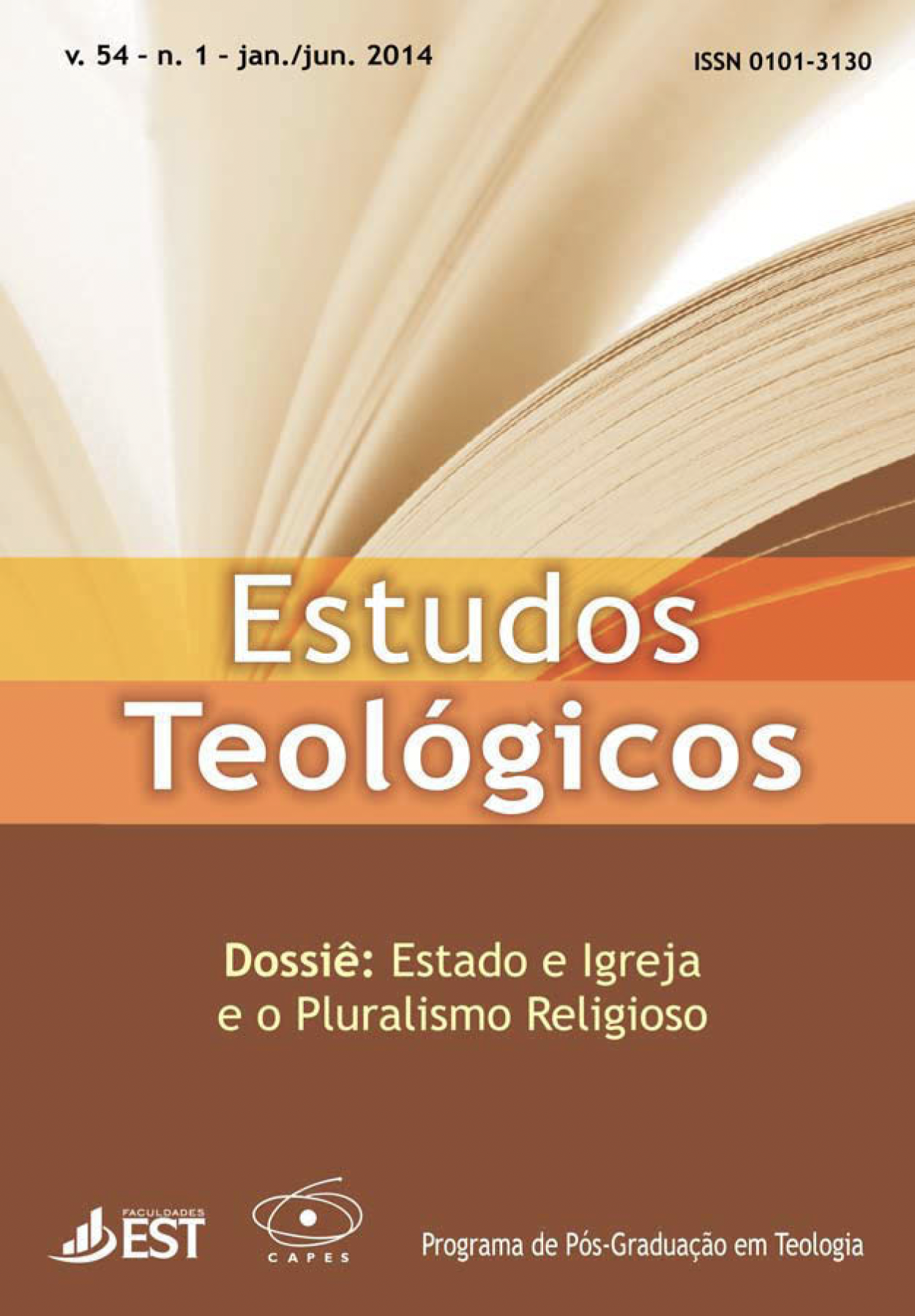EVANGELICALS IN DEMOCRATIC CHILE:
“CLASH OF GENERATIONS”?
Palavras-chave:
Cidadania, Capital social, Democracia, EvangelicalismoResumo
Various studies point out the “social apathy” and “political indifference” of the Evangelical churches. However, their commitment with society doesn’t necessarily need to be political and develop in broader ways. All the Evangelical communities have the capacity of forming among the believers, civic habits and social responsibility: community sensitivity, organization of campaigns and mobilizations, capacity for having their own opinion. That is to say, each volunteer (religious) organization constitutes an important generator of social capital which establishes trust and reciprocal relationships among its members (Putnam), with the distinct consequences for society. The importance of studying the evangelical creators of social capital consists in the fact that they are the only social actors in Chile who are experiencing the process of a double “de-discrimination”: on the one side, the Evangelicals cease to be discriminated against as the poorest and least cultured of the country. On the other side, after the approval of the Law of Worship, they cease to be discriminated against as the cultural minority lacking in specifi c rights. Within the process of the pluralization of the Chilean religious fi led, religious actors – creators of social capital are multiplying. The churches are no longer the only participants in this process. Lately, new phenomena (interdenominational movements, NGOs, debate groups, study centers, publishing houses) are appearing which offer other ways of exercising their civic commitment. We propose that in Chile, the process of formation of an Evangelical intelligentsia is beginning, which could have an important impact on changing the identity of this religious group and on its insertion in civil society.











